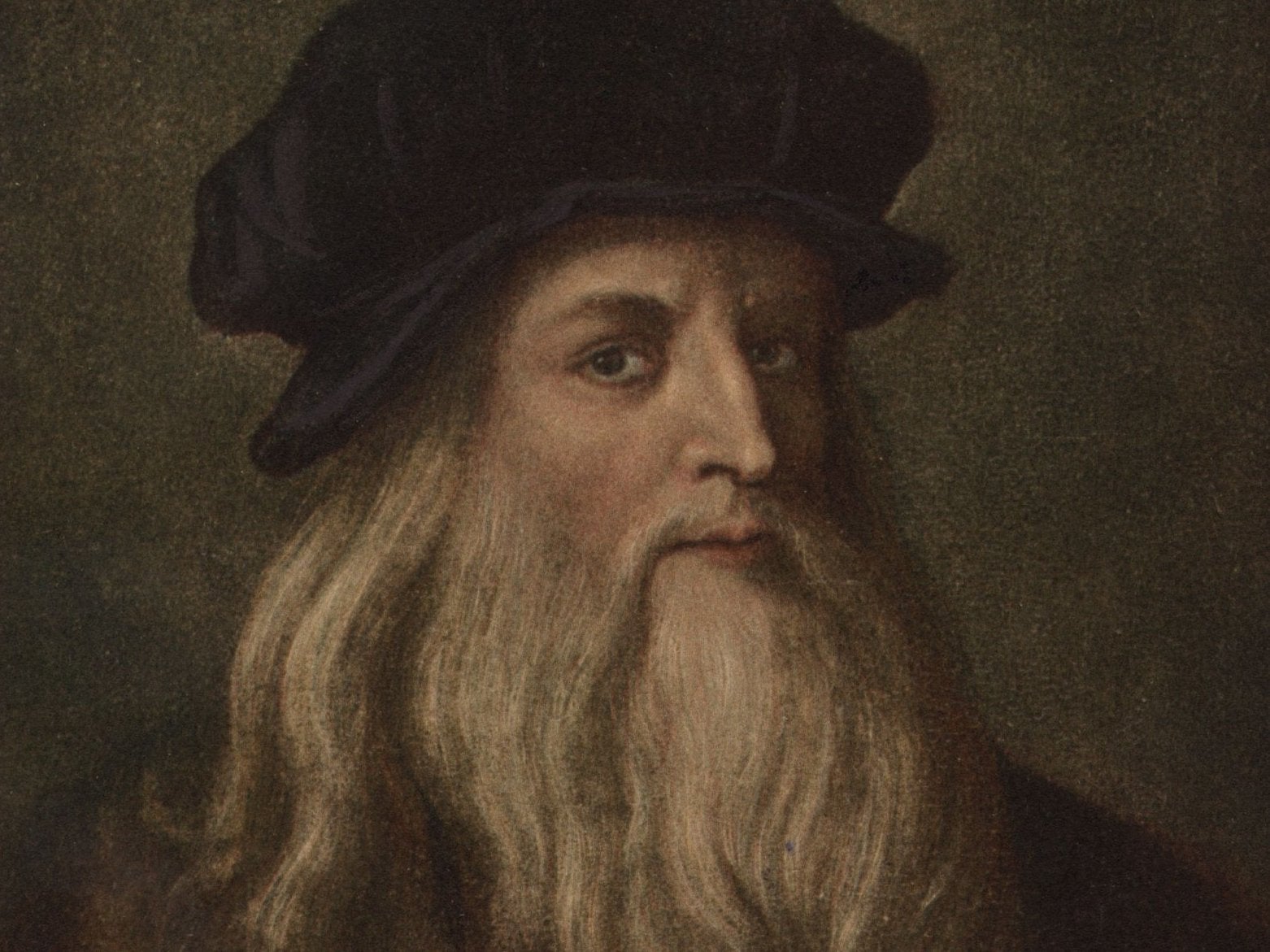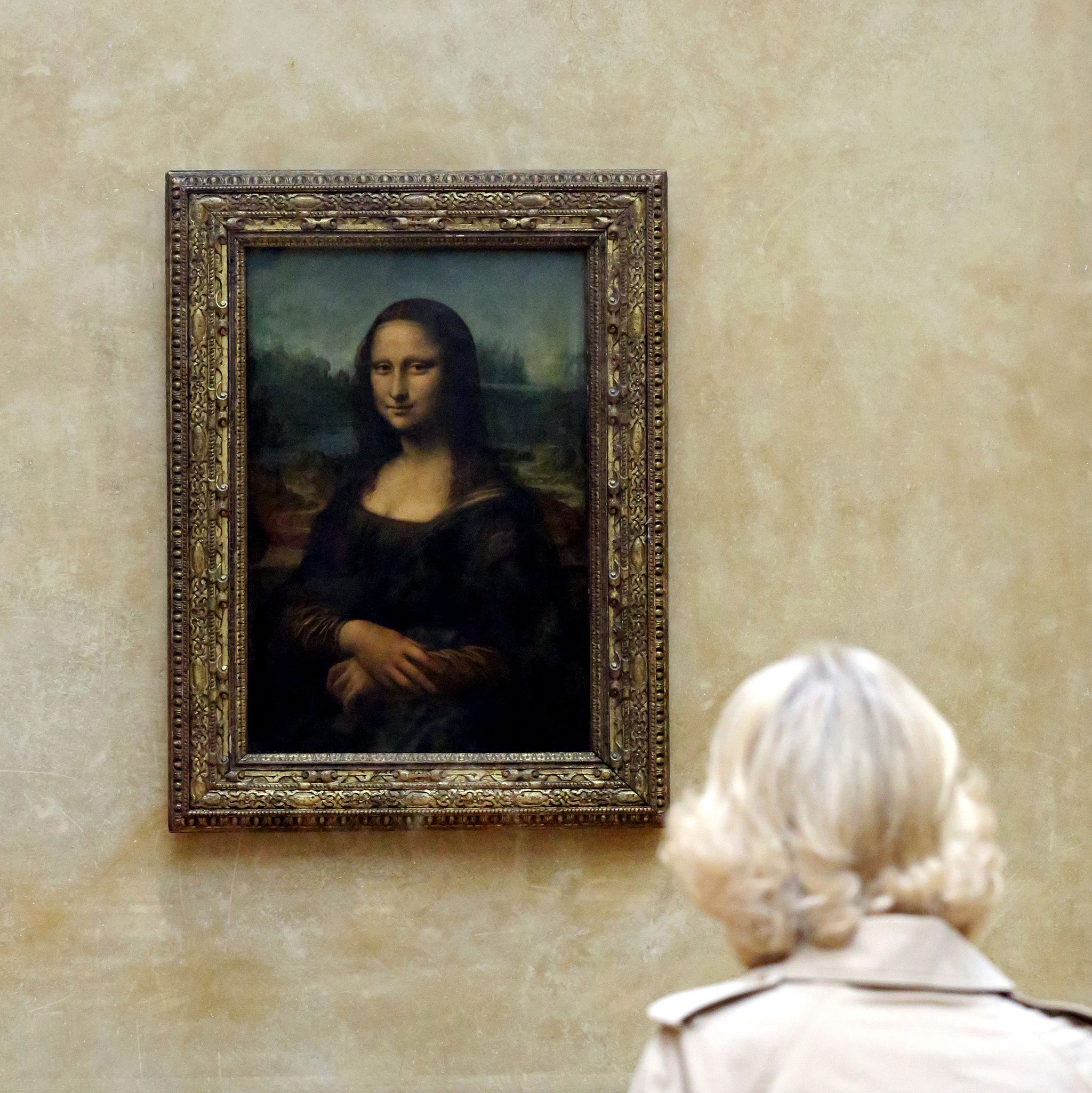Leonardo da Vinci may have had ADHD, leading professor says
Attention disorder ‘most scientifically plausible hypothesis’ for boundless creativity and unfinished masterpieces like ‘Mona Lisa’

Leonardo da Vinci’s famously incomplete masterpiece could most logically be explained by the Renaissance polymath having attention deficit hyperactivity disorder (ADHD), a leading UK researcher has said.
His most famous work, the Mona Lisa, is among the iconic pieces he left unfinished, and his tendency to flit between projects is suggestive of ADHD.
As well as his wide-ranging creativity and inability to complete tasks, historical accounts suggest Da Vinci was always restless and worked day and night, resting for only short naps, a study found.
“While impossible to make a post-mortem diagnosis for someone who lived 500 years ago, I am confident ADHD is the most convincing and scientifically plausible hypothesis to explain Leonardo’s difficulty in finishing his works,” said Professor Marco Catani, an expert in disorders like autism and ADHD at Kings College London, said
“Historical records show Leonardo spent excessive time planning projects but lacked perseverance,” he added. “ADHD could explain aspects of Leonardo’s temperament and his strange mercurial genius.”
Published in the journal Brain, Prof Catani’s research draws on historical accounts of Da Vinci’s work practices and behaviour to back his theory.
While most commonly recognised in childhood, the disorder is increasingly being diagnosed among adults, including university students and people with successful careers.
Da Vinci’s difficulties with sticking to tasks were pervasive from childhood.
Alongside reports of erratic behaviour and incomplete projects from fellow artists and patrons, including Pope Leo X, there is indirect evidence to suggest Leonardo’s brain was organised differently compared to average.
He was left-handed and likely to have been both dyslexic and possessed a dominance for language in the right-hand side of his brain, all of which are more common among people with ADHD.

As well as explaining his apparent chronic procrastination, ADHD could have been a factor in Da Vinci’s extraordinary creativity and achievements across the arts and sciences, Prof Catani believes.
Prof Catani said this should be seen as a prime example to challenge the “stigma” around the condition that persists today.
“There is a prevailing misconception ADHD is typical of misbehaving children with low intelligence, destined for a troubled life,” he added.
“I hope the case of Leonardo shows ADHD is not linked to low IQ or lack of creativity but rather the difficulty of capitalising on natural talents.”
Da Vinci died 500 years ago this month, and a series of celebrations are happening around the world to mark the anniversary.
Join our commenting forum
Join thought-provoking conversations, follow other Independent readers and see their replies
Comments